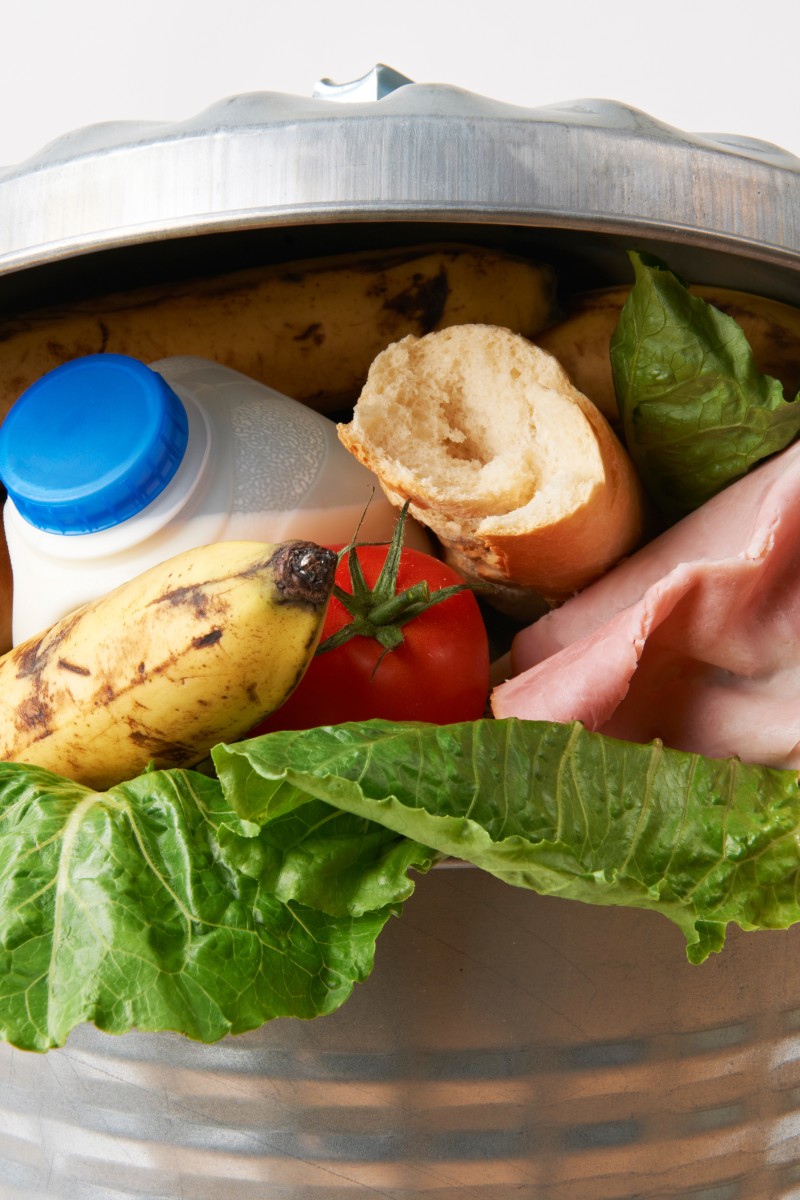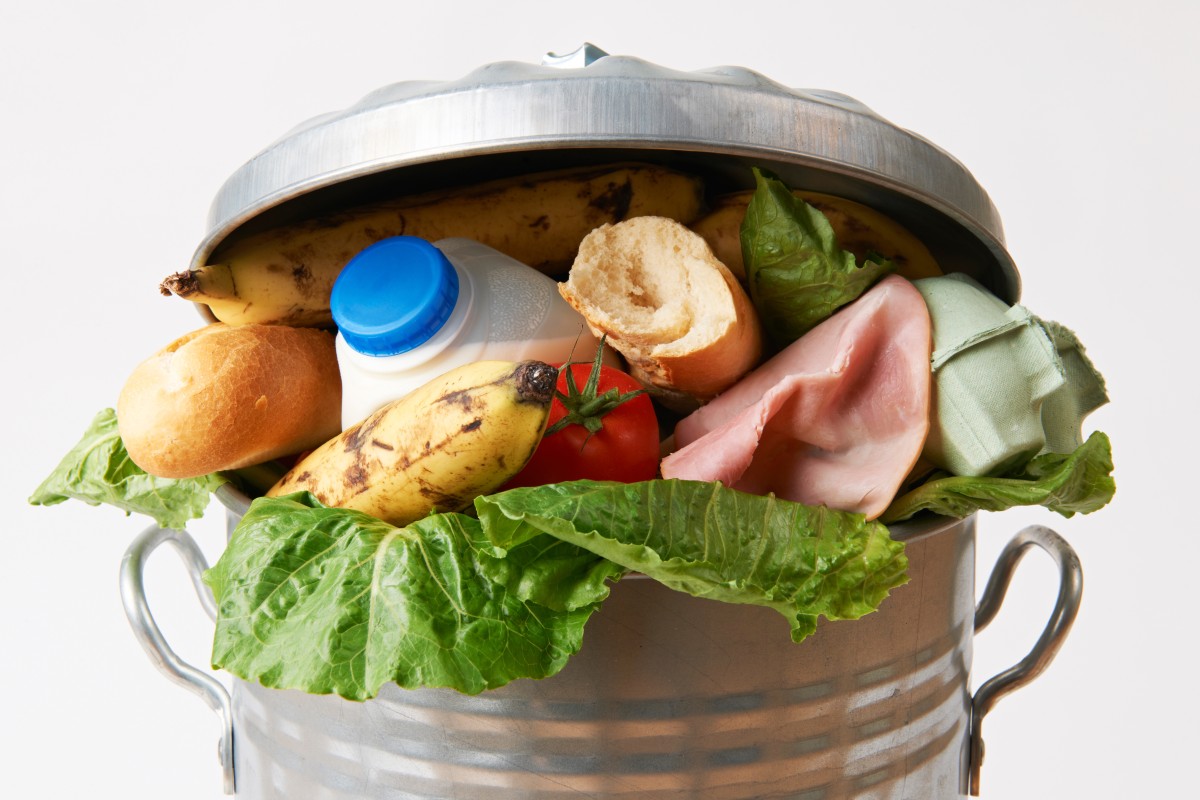
We need to stop wasting so much food

Food waste has been a problem throughout the world for a long time. Current estimates show that about half of all food produced is wasted. So, how do we reduce the amount of food waste we produce each day?
First, let’s talk about supermarkets. According to a survey in Western countries, 10 per cent of food is wasted every month because supermarkets often put out extra food to offer a wider selection for customers. Later, some of the food is thrown away. This could be used to feed animals.
Second, consumers waste food, too. They throw away food based on the “Best before” and “Use by” dates on the packages.
To avoid confusion, the government should standardise all labels. Additionally, consumers should use their instincts to determine if the food has turned bad.
There are lots of ways to reduce food waste. Why don’t we work together and reduce food waste?
Ng Kei-wai, Our Lady of the Rosary College
From the Editor
Thanks for writing to us, Kei-wai. Four years ago, Young Post looked at the problem of food waste in Hong Kong. We invited readers to attend workshops at organisations and companies that recycle, redistribute, repurpose and dispose of waste food. We thought it was important that Hong Kong teens find out more about the situation in our city.
The response was great, and the YP team learned a lot, too. But your letter is a reminder that not everyone knows how much potential there is in “waste” food.
The biggest problem, I think, is that people don’t realise that “best before” dates are just a guide. Food companies have to put a date on their products so they can’t be sued if someone falls ill after eating food that’s not fresh. But in most cases, food is edible well beyond that date. The best guide is your senses. Does the food look normal? Is it mould-free? Does it smell OK? Does it taste like it’s supposed to? If the answers are “yes”, especially in the case of non-meat, non-dairy products, the likelihood is that it’s perfectly fine to eat. (Google “sell-by dates” for more tips).
The second, almost as big, problem is our own greed. Hong Kong in particular is a land of buffets. We have some of the best food in the world – but we also throw away a lot of that food, in a city where there are children whose parents can only afford to feed them once a day. This is incredibly sad.
If we can all do our part to change people’s attitudes towards wasting food, we can help those in need to get enough food, and make our planet a healthier, happier place.
Karly Cox, Deputy Editor
